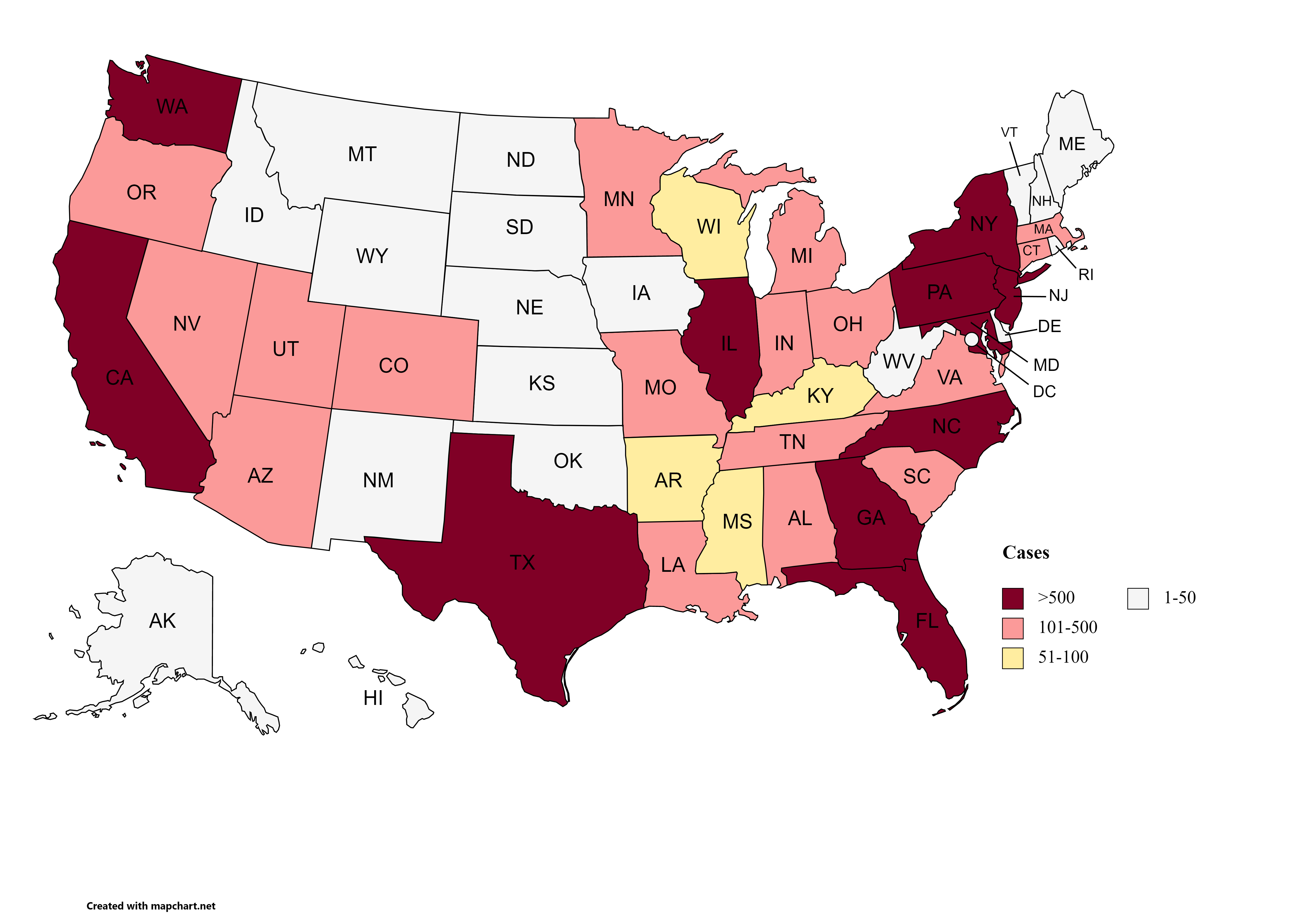
By Ainsley Feeney
The viral disease known as “monkeypox” is mainly affecting people in European countries and the United States. Why, then, were many media sites using stock images of African children to represent the disease?
This is the question the Foreign Press Association of Africa posed in a statement this spring, just as the disease was beginning to gain international attention. The statement asserts that “no race or skin complexion should be the face of this disease,” and that specifically using stock photos of sick African children shows “the lack of dignity afforded to Black and brown skinned victims of disease outbreaks.” While most media outlets have refrained from using Black bodies as the covers of news stories surrounding monkeypox, the issues surrounding racial discrimination within conversations about the disease are far from gone.
In June, a group of African scientists led by Dr. Christian Happi, director of the African Center of Excellence for Genomics of Infectious Diseases at Redeemer’s University in Ede, Nigeria, released a paper calling for monkeypox to be renamed, citing the “discriminatory and stigmatizing” implications of the name. One of the reasons for this is the historical precedent offensively linking Black people to monkeys, a harmful stereotype that has been pervasive for hundreds of years. Because many of the isolated cases of the disease were found in parts of Africa before the 2022 outbreak, the name “monkeypox” can create even more untrue and hurtful links between Black people and primates, even though a large majority of the affected people in this current outbreak are white.
Parallels have also been drawn between “monkeypox” and the HIV/AIDS crisis; both have affected primarily men who have sex with other men and have been arguably mismanaged by the United States government. In similar fashion, during the beginning of the AIDS crisis, misinformation was spread that the disease originated from African people sexually interacting with monkeys.
Another reason comes from the names of the mutations, which have so far been named after places in Africa where they were first discovered. This can have serious implications for the places in which the mutations are named after, including social and international ostracization. An example of this came just a few years ago, when COVID-19 was first called the “Wuhan virus.”
It is true that “monkeypox” is not inherently a racist name; it received the title because it was first found in a group of monkeys in the late 1950s. However, because of the negative stigma that the name “monkeypox” brings, many people are now simply referring to it as MPV, MPXV, or hMPXV. WHO has expressed interest in changing the name, and has renamed the variants, but “monkeypox” still remains.
